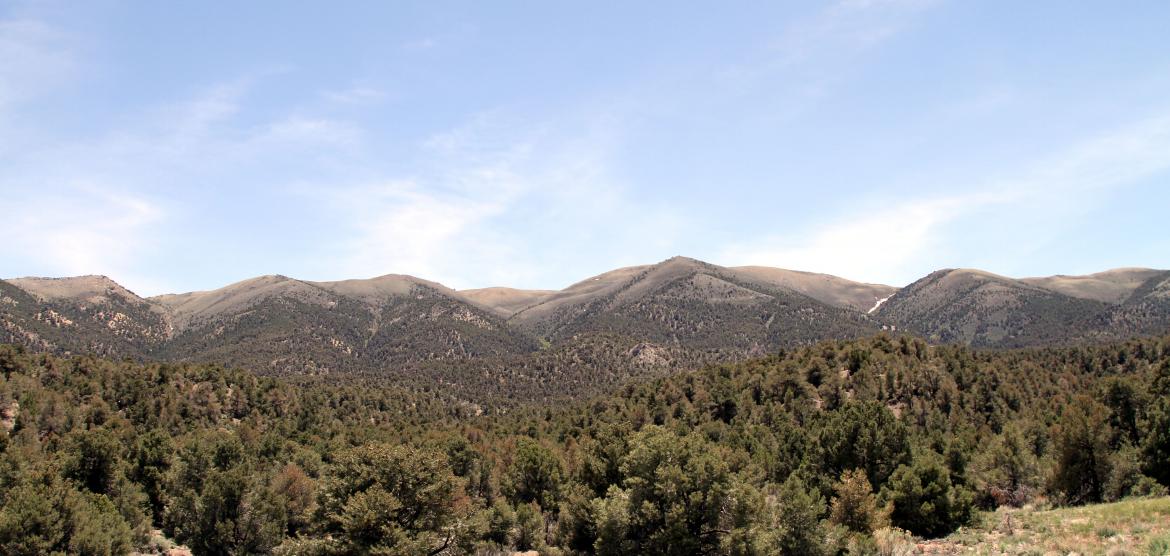
Washington, D.C. -- The Federal Court of Appeals for the District of Columbia Circuit dismissed on May 15, 2012 the efforts of the Timbisha Shoshone Tribe to stop the federal government from taking millions of dollars belonging to the Tribe. The fund had been awarded as compensation to the Timbisha Shoshone Tribe and other Western Shoshone Tribes for the supposed loss of the Tribes’ lands in Nevada and California. In 1994, Congress passed an act taking all the money from the tribes and ordering the money to be distributed to thousands of Indians, whether they are members of any of the Western Shoshone Tribes or not.
“This decision is devastating to the Tribe and fundamentally wrong, because it relies on an 1866 case for the idea that the Interior Department of the United States can get rid of a tribal government and prevent it from suing the Department simply by replacing the tribal government,” said Robert T. Coulter, Executive Director of the Indian Law Resource Center and legal counsel for the Timbisha Shoshone Tribe. “For more than a century, Congress has done practically whatever it wished with Indian property and Indian monies held by the federal government, but in this suit the Timbisha Shoshone Tribe argued that such practices are unconstitutional.”
In the case, rules made by Congress denied any funds to many members of the Western Shoshone Tribes, especially many members of the Timbisha Shoshone Tribe, based in Death Valley, California. The Timbisha Shoshone Tribe filed a federal suit in 2010 asking that the law be declared unconstitutional because it takes the Tribe’s funds without compensation or due process of law. The Tribe asked that the taking of the funds be stopped.
The Interior Department, which is responsible for taking the funds and giving them out to individuals, responded by saying that the Timbisha Tribal Government does not have authority to file a suit on behalf of the Tribe, because the Interior Department does not agree that they are the government. While the Timbisha suit was under consideration, the Interior Department ordered the Tribe to hold elections allowing many people to vote who do not meet the Tribe’s membership requirements. The Interior Department claimed that the Timbisha Government could not maintain the suit, because the Interior Department did not approve it.
“The Department has shielded its unconstitutional action by deliberately misleading the Court of Appeals into believing that the Department has authority to decide how a tribe forms and elects its government. In fact, the Department has no such legal authority. It has long been settled law that the federal government has no authority to prevent a Tribe from suing by declaring its government to be not recognized,” said Coulter.
The Bureau of Indian Affairs website currently advises that it plans to distribute all of the remaining funds to thousands of individuals by about June 5th, 2012. This leaves practically no time for the Tribe to take legal action now in time to stop the taking and distribution of its funds.
The Court of Appeals decision does not decide whether the taking of the funds is constitutional or lawful. It is limited to saying the Timbisha Tribal Government cannot maintain the suit unless it has the Interior Department’s approval as a government.
Joe Kennedy, Timbisha Shoshone Council Chairman, said after the decision: “This fight is not over. We will continue to seek justice for the Timbisha as well as for all Western Shoshone peoples, and indigenous peoples across the country.”
For more information visit www.indianlaw.org or contact Ginny Underwood, communications director, at [email protected], 405-229-7210.
